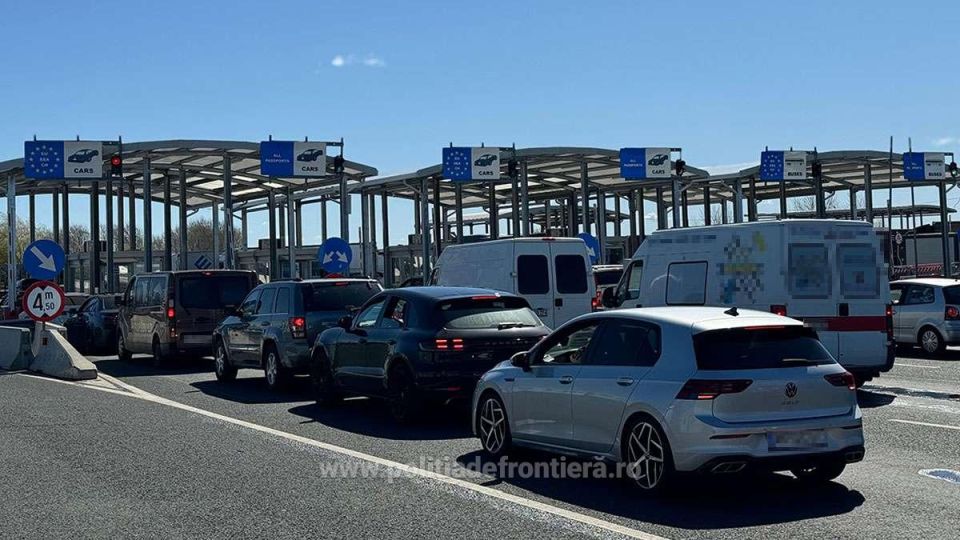December 21, 2017
Click here for a roundup of domestic and international news

Newsroom, 21.12.2017, 13:57
DECEMBER 1989 – 28 years since the December 1989 anti-Communist
Revolution, Romania’s president Klaus Iohannis has conveyed a message today,
saying that in 1989, Romanians called for the fall of Communism, an urge that
can still be heard today. This should be a warning to politicians, who have
proven lately they are not willing to leave the past and its bad habits behind.
Upholding the ideals of the anti-Communist Revolution means defending the rule
of law, freedom and democracy and respect for citizens, wrote the president on
a social network, stressing that the investigation of the Revolution Case File
must be completed and the crimes and abuses perpetrated in 1989 must be
punished. After four days of protests, which started in Timisoara on December
16th 1989, during which dozens of dead and wounded were reported,
the army joined the population and revolutionaries developed the first
democratic platform. Started as a protest staged by citizens of Timisoara
against an abusive measure taken by local officials, the revolution spread
rapidly across the country, culminating on December 22nd with the
presidential couple’s attempt to flee. More than 1,000 people died and some
3,400 were wounded between the 16th and the 25th of
December 1989. Romania was the only country in the Eastern Bloc where the
regime was changed violently and its communist leaders were executed by firing
squad.
JUSTICE
LAWS – The Romanian Senate, the decision making body in this matter, has today
adopted the bill modifying the Law on the organisation and functioning of the
Superior Council of Magistracy. This was the last in the justice law package
that the Senators had to rule on, after the adoption of the ones on judicial
organisation and the status of magistrates. The changes that the ruling
coalition, formed by the Social Democratic Party and the Alliance of Liberals
and Democrats, has brought to these laws have been vehemently criticized by the
right-wing opposition and a large part of civil society. Moreover, hundreds of
magistrates have protested in Bucharest and in other cities across the country
against the way in which these changes have been brought, saying the process
has lacked transparency.
BUDGET
BILL – The Romanian Parliament continues to debate today the 2018 state budget
bill, which establishes the amounts allocated to ministries and the main credit
authorizing bodies. The budgets of some of the most important institutions have
been maintained as they were in the draft proposed by the government, as the
amendments filed by the opposition were not voted by the majority. The budget
was built on an estimated 5.5% economic growth rate, an average exchange rate
of 4.55 lei for one Euro and a monthly salary of 565 Euro, as well as an
estimated budget deficit standing at 2.97%
of the GDP. The priority fields in 2018 are health, education and
infrastructure. The right-wing parliamentary opposition has criticized
Government’s measures, saying the structure of the budget is dangerous and will
trigger an increase in the public debt.
POLISH LAWS – The Polish president
Andrzej Duda has promulgated two controversial laws, which give the government
more power over the judiciary, right after the European Commission decided to
activate art.7 of the EU Treaty, saying that the laws represent a high risk of
violation of the rule of law. Brussels’s decision may leave Poland without the
right to vote in the European Council. The first-vice-president of the European
Commission Frans Timmermans has stated that it was the only option and Poland has
three months to implement the recommendations issued by the Commission, and
then the EU leaders would have to decide on penalty measures. France and
Germany have announced they support the Commission’s decision, but Hungary has
announced it might use its veto power to block what they termed an abusive
sanction against a democratically elected government.
CATALONIA – Five and a half million
Catalans are called to the polls today to elect the members of the regional
parliament. Currently, the region of Catalonia, one of the richest in Spain, is
governed by the central government in Madrid, after the regional executive
headed by Carles Puigdemont held on October 1st an illegal referendum that
subsequently led to a unilateral declaration of independence. Today’s favorites
are the Republican Left of Catalonia, whose leader, Oriol Junqueras, is in
prison, for having organized the referendum, and Ciudadanos, a liberal party
which supports Spain’s unity, whose main candidate is Ines Arrimadas. The
candidate of the coalition Together for Catalonia, Carles Puigdemont, who is
currently in Belgium, is wanted by the Spanish judiciary for rebellion and
embezzlement. If he gets to Spain, he will be arrested right away.






























